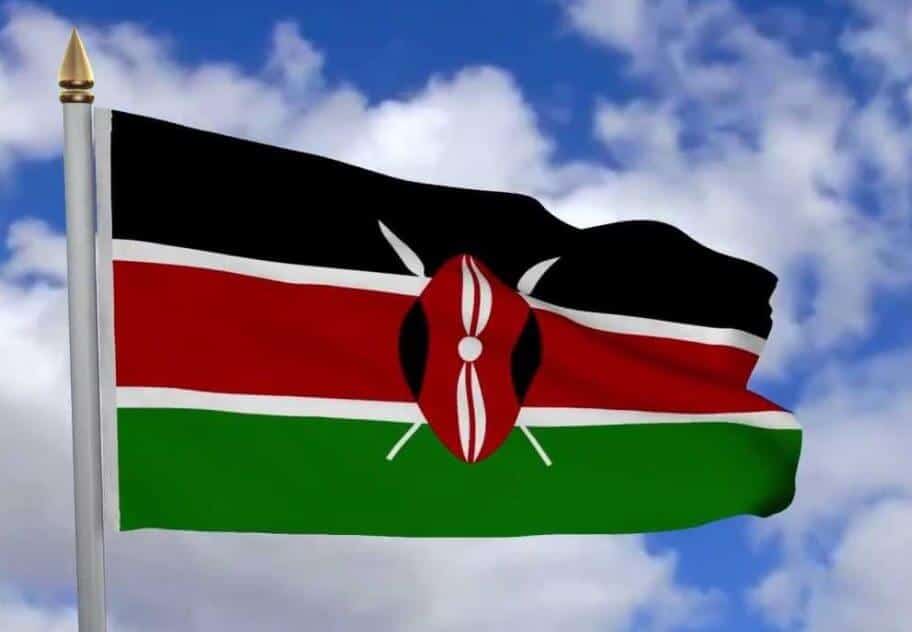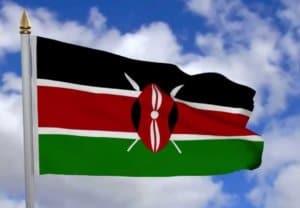Join Our Telegram channel to stay up to date on breaking news coverage
Research conducted by the United Nations revealed that 8.5% or around 4.25 million people in Kenya owned cryptocurrencies. The country is leading the African continent in cryptocurrency adoption despite lacking a supervisory environment.
8.5% of the Kenyan population owns crypto
Kenya is one of the leading technology and innovation hubs in Africa. Over the years, the level of cryptocurrency adoption in the country has surged significantly. The country’s journey towards crypto adoption peaked in 2020 during the COVID pandemic as citizens turned towards crypto amid fears of a depreciating fiat.
A report by the United Nations now shows that the interest of Kenyans in cryptocurrencies has increased post-pandemic, and it now has the largest number of HODLers in Africa.
The UN report showed that 8.5% of Kenya’s population owned crypto. South Africa came in second, with 7.1% of its population owning crypto, while in Nigeria, 6.3% held digital assets.
Your capital is at risk.
The level of crypto adoption in Kenya is also significantly high than in developed countries such as the United States. The UN added that most of the crypto activities in the Kenyan market were of an individual nature, which heightened the risks and costs of engaging in the largely unregulated sector.
The UN study also ranked other countries that were leading in crypto adoption. Ukraine had the largest number of cryptocurrency holders globally, with 12.7% of its population owning cryptocurrencies. Russia came in second at 11.9%, while Venezuela and Singapore followed suit with 10.3% and 9.5%, respectively.
Kenya’s central bank and crypto adoption
The Central Bank of Kenya has not decided whether it rejects or promotes using cryptocurrencies. However, in 2021, the governor of Kenya’s central bank, Patrick Njoroge, noted that there were some benefits realized from the adoption of Bitcoin.
At the time, he noted that shifting towards Bitcoin was “tactical and logical’ adding that the International Monetary Fund (INF) had undermined the Kenyan shilling by saying it was overvalued.
Earlier this year, the CBK released a report on a central bank digital currency (CBDC), the benefits of such a currency on the domestic banking sector, and how it would facilitate cross-border payments. At the time, the CBK also released a consultation paper to collect public views on a CBDC. CBDC development has been at the forefront of many central banks globally.
Read more:
Join Our Telegram channel to stay up to date on breaking news coverage


